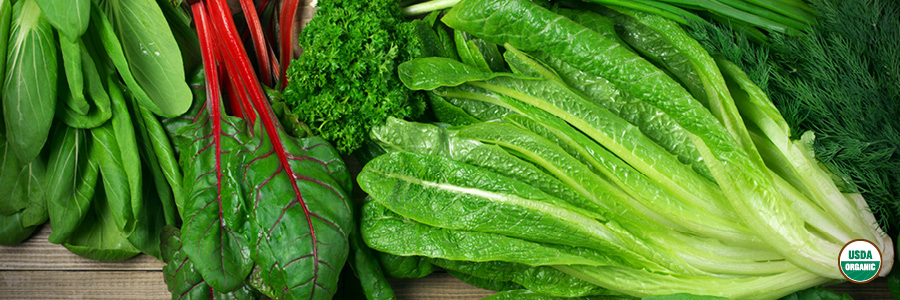


Sign-up for {N}power to get exclusive discounts, newsletters, members-only features, and more!


Ah…the mysterious “toxins” that you detox…
…do they really exist? Are they woo-woo? Are they accumulating in your body causing cancers and plaques and inflammation?
In this article, you’ll learn about toxins, detoxing, and how to support your body’s innate ability to detox.
Let’s begin with an understanding of what toxins actually are. In simplest terms, toxins are harmful agents found in the environment that may accumulate in the human body causing ill-health and disease. And yes, they do exist. When the Centers for Disease Control (CDC) conducted the Fourth National Report on Human Exposure to Environmental Chemicals—an analysis of the general population’s exposure to environmental chemicals—they found some pretty shocking results which suggest that no matter how “clean” you live your life, just about everybody shows some evidence of a buildup of toxins.
The CDC’s report discovered an average of 212 chemicals in people’s blood or urine, 75 of which had never before been measured in the U.S. population. The chemicals included acrylamide, formed when foods are baked or fried at high temperatures, and as a byproduct of cigarette smoke; arsenic, found in many home-building products and used in conventional poultry production; environmental phenols, including bisphenol A (BPA), found in plastics and food packaging, and triclosan, used as an antibacterial agent in personal care products; perfluorinated chemicals, used to create non-stick cookware; volatile organic compounds (VOCs), found in paints, air fresheners, cleaning products, perfumes and colognes, carpets, and dry-cleaned clothing; and synthetic pesticides, including a variety of fungicides, herbicides, and insecticides commonly used in conventional agriculture.
When you add them up, these chemicals do indeed present a toxic burden to your body, and as the CDC found, can accumulate in blood and bodily tissues. While your body does have detoxification organs—namely your liver and kidneys—they can easily become overburdened with the vast amount of environmental toxins that we are exposed to every day.
While the kidneys are important for acting as a filtration mechanism for your blood and removing wastes from the body, it’s the liver that shines when it comes to detoxification. Along with filtering your blood to remove toxins, your liver uses a two-phase process to break down toxins and move them out of the body. During phase I, toxins are broken into smaller fragments, and in phase II, the toxins are bound to other molecules, creating a neutralized molecule that can be excreted in bile, urine, or stool. It is important that both phases are working efficiently to prevent a toxic backup in the liver.
But in order for this liver detoxification to effectively work, your body must have adequate nutrients. If not, the phase I and phase II processes may not work adequately, which can leave toxic substances to build up in your body. A basic way to support your body’s natural ability to detoxify is to ensure you are getting optimal amounts of these nutrients:
As we saw from the CDC report, we live in a toxic world and most, if not all, of our bodies are overburdened. Take these action steps now to begin reducing your toxic load.
The foods you eat supply your body with the nutrients it needs to keep detoxification moving along smoothly; I touch on this above in the nutrients required for each phase of detoxification. Below are additional foods that play a big role in optimizing detoxification—aim to eat them as often as possible.
So should you detox? The short answer is yes. The modern world is constantly bombarding us with a slew of chemicals, burdening our bodies with a toxic load. We all need a little help now and then, and our bodies’ detoxification system is no different. But the way you detox doesn’t have to include harsh colon cleanses and fasting protocols. Reducing your exposure to toxins where you can, supplying your body with the nutrients it needs to properly carry out its daily detox functions, and increasing certain types of foods that optimize detoxification go a long way in lightening that toxic load.



Sign-up for {N}power to get exclusive discounts, newsletters, members-only features, and more!